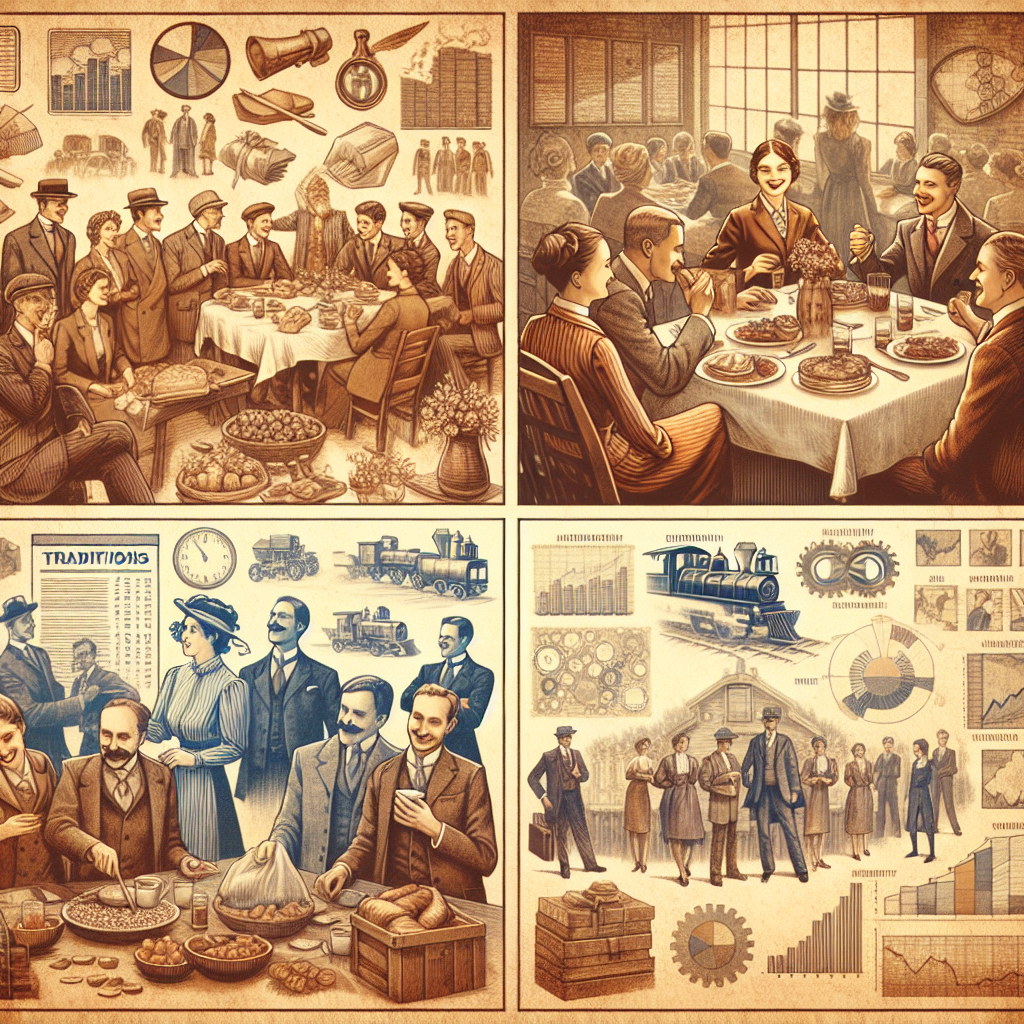1. “Why Company Traditions are Crucial for a Healthy Corporate Culture”
Company traditions: Nurturing a Strong and Healthy Corporate CultureCompany traditions play a critical role in building a strong corporate culture, fostering employee engagement, and enhancing overall productivity. These traditions, which might range from fun Friday dress-downs, annual team-building retreats, to family picnic days, significantly contribute to a positive and inclusive work environment.
Why are Company Traditions Important?
Company traditions are much more than obligatory office events. They are a reflection of a company’s values, work ethic, and its commitment to its employees.
They help to foster a sense of belonging among employees, making them feel valued and appreciated.
Studies show that employees who feel connected to their workplace are more likely to stay with the company long-term and demonstrate increased productivity. They are also more likely to advocate for the company, strengthening its reputation in the market.
Moreover, traditions can enhance company pride and loyalty, encouraging employees to go above and beyond for the organization. They create a sense of continuity, provide an opportunity for team members to interact outside their usual roles, and can also be a unique selling point for potential employees.
How to Create Meaningful Company Traditions

Creating meaningful company traditions begins with understanding your team and their preferences. What do they enjoy doing? What are their values? Understanding these will help to ensure that the traditions resonate with everyone.
Once you have this understanding, you can begin to create traditions that reflect your company’s identity.
For instance, if your company values sustainability, a tradition could involve regular community clean-ups.
If innovation is a key aspect of your business, you could hold regular idea-sharing sessions.
Additionally, ensure that the traditions you establish are inclusive and considerate of all employees.
This helps to prevent anyone from feeling left out and promotes diversity and inclusivity.
The Role of Leadership in Upholding Company Traditions
Leaders play a pivotal role in upholding and driving company traditions. They are responsible for setting the tone and ensuring these traditions are maintained and valued. Leaders should actively participate and encourage all team members to get involved.
Leaders also need to be flexible and open to change. Company traditions should evolve as the company grows and changes. This can mean introducing new traditions or adapting existing ones to better suit the current team’s needs.
Company Traditions in a Remote Working Environment
With the shift towards remote working, maintaining company traditions can be a challenge. However, it’s not impossible. Virtual team-building activities, online recognition platforms, and even digital coffee breaks can help maintain a sense of community and continue company traditions in a remote setting.
In the remote work setting, regular check-ins and virtual meetings can substitute for the traditional in-office morning huddle. Special occasions like birthdays or work anniversaries can still be celebrated over a video call.
Final Thoughts
Company traditions serve as the backbone of a company’s culture, contributing to a sense of unity, mutual respect, and shared purpose. They can enhance job satisfaction, improve productivity, and elevate a company’s reputation. Leadership involvement, regular evaluation, and adaptability are key to ensuring these traditions remain relevant and effective.
Whether in an office or remotely, these traditions keep the team spirit alive, making the company a great place to work.